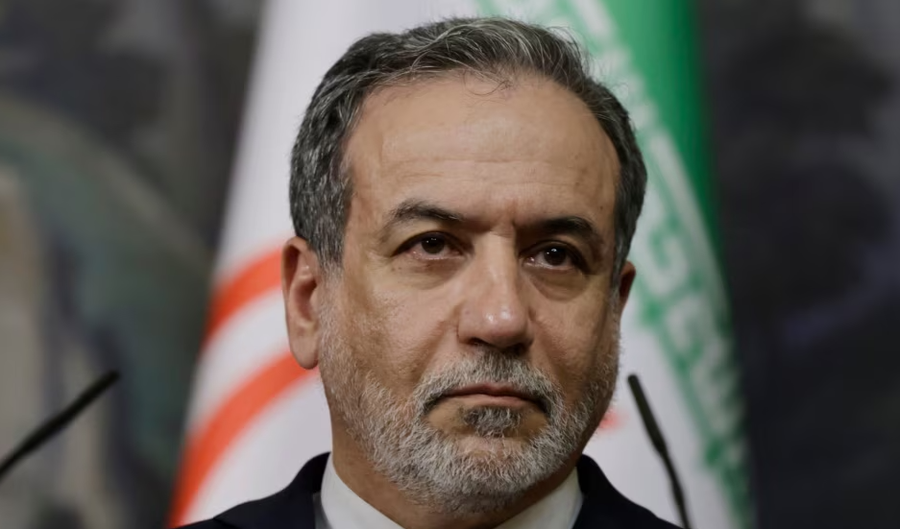
Iran's Foreign Minister Abbas Araghchi said he is willing to visit Germany, France and Britain for talks on his country's nuclear program.
Tehran recently reopened nuclear talks with the United States, holding two rounds of talks mediated by Oman. The third round is expected to be held in Oman on Saturday.
Germany, France and Britain, along with the US, were signatories to the 2015 deal that eased international sanctions on Tehran in exchange for curbs on Iran's nuclear programme. But the deal collapsed after US President Donald Trump withdrew from the agreement in 2018.
“After my recent consultations in Moscow and Beijing, I am ready to take the first step with visits to Paris, Berlin and London,” Araghchi wrote in X, adding that he is open to talks “not only on nuclear issues, but on any other area of common interest and concern.”
Araghchi was in China the day before where he met with his Chinese counterpart, Wang Yi, ahead of Saturday's talks with the US.
Last week he visited Moscow for similar talks. There he met with Russian President Vladimir Putin and Foreign Minister Sergei Lavrov.
Araghchi expressed satisfaction with the level of cooperation with allies China and Russia, but said Thursday that relations with the three European powers, or E3 (France, Germany and Britain), are "currently declining."
He added that "now the ball is in E3's court," emphasizing that they "have an opportunity to break away from the influence of special interest groups and pursue a different path."
French Foreign Ministry spokesman Christophe Lemoine told AFP that Paris would wait to see if the announcement by the Iranian top diplomat would be followed by any concrete action.
He added that France is willing to continue dialogue with the Iranians regarding nuclear issues.
Germany and Britain have not yet commented on the possibility of a visit by the Iranian Foreign Minister.
Iran and the E3 have recently taken steps to resume dialogue on the nuclear issue, holding several meetings since the end of last year.
After Washington withdrew from the deal, Tehran complied with the 2015 agreement for a year before gradually withdrawing from the pact, increasing its uranium enrichment to 60 percent - a very high percentage compared to the 3.67 percent limit set in the agreement, but still below the 90 percent level needed to create a nuclear bomb./ REL (A2 Televizion)











